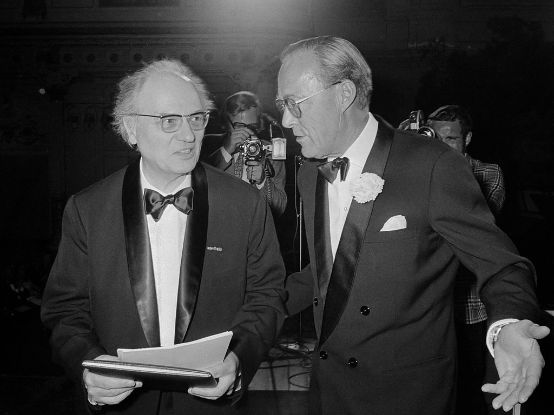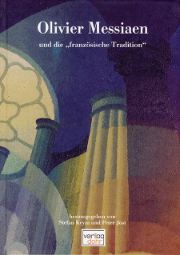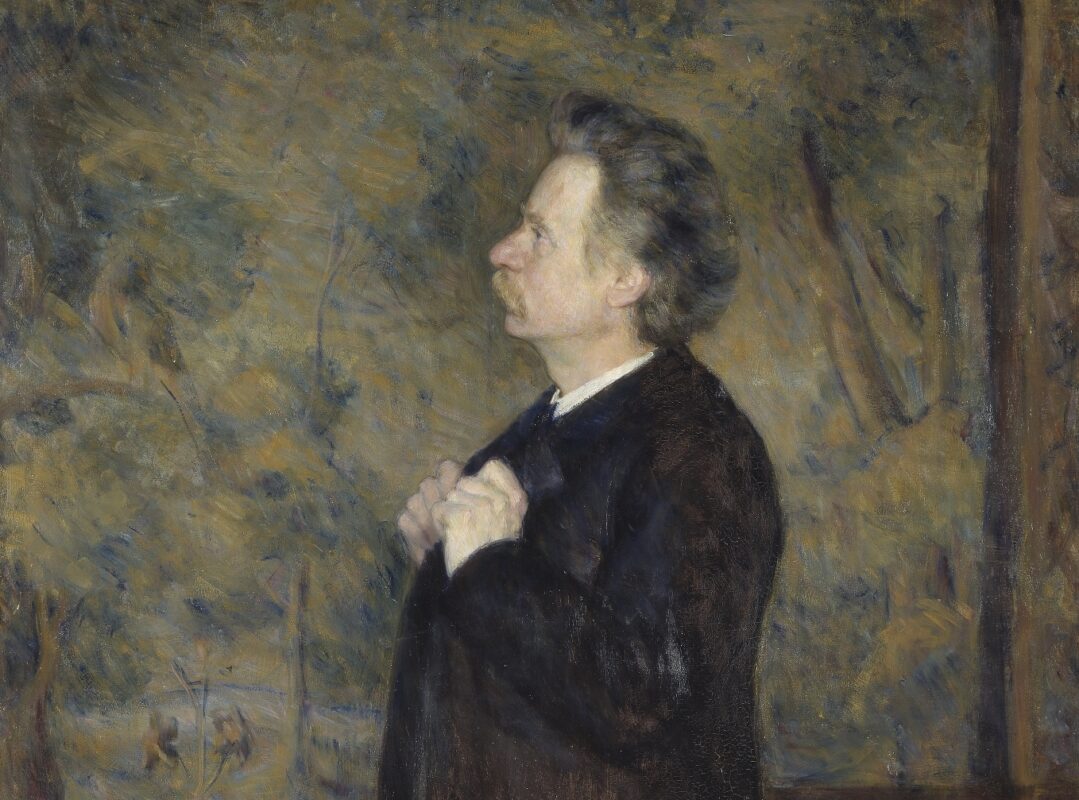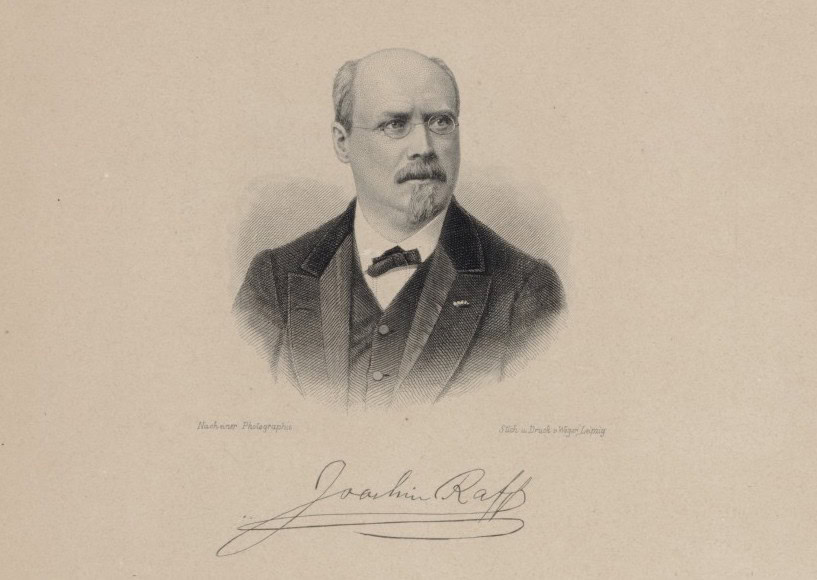The declared loner
Olivier Messiaen was probably more involved in the trends of his time than he himself wanted to admit.

Olivier Messiaen (1908-1992) shaped French music in the second half of the 20th century like almost no other composer and teacher. And yet the critical examination of his work, independent of his (extensive) self-testimonies, has only become the subject of musicological work in recent years. Messiaen placed himself only marginally in the context of a tradition conveyed by his teachers, in the musical aesthetics and the great intellectual currents of his time, but rather emphasized his role as a loner.
The present volume, which is based on contributions (some of them considerably expanded) from a symposium held at the Institut français in Munich in 2008, revises this picture. Five of the authors examine Messiaen's position within the French organ and music tradition, his relationship to the philosophy of the time and his influence on the literature of the Renouveau catholique; six further contributions describe Messiaen's interaction with Debussy, Satie, Jolivet, the Groupe des Six, but also with lesser-known figures such as Maurice Emmanuel and Charles Tournemire. In the latter case in particular, co-editor Stefan Keym (Leipzig) shows in a fascinating way Tournemire's great influence on Messiaen - in all the aesthetic and compositional similarities between the two composers, but also where Messiaen seems to clearly distinguish himself. The German, English and French contributions to this highly readable book provide crucial information for a differentiated view of Messiaen and at the same time open up a wide field for further research, which can be expected in the coming years.
Olivier Messiaen and the "French tradition", edited by Stefan Keym and Peter Jost, 246 p., € 29.80, Verlag Dohr, Cologne 2013, ISBN 978-3-86846-112-1









